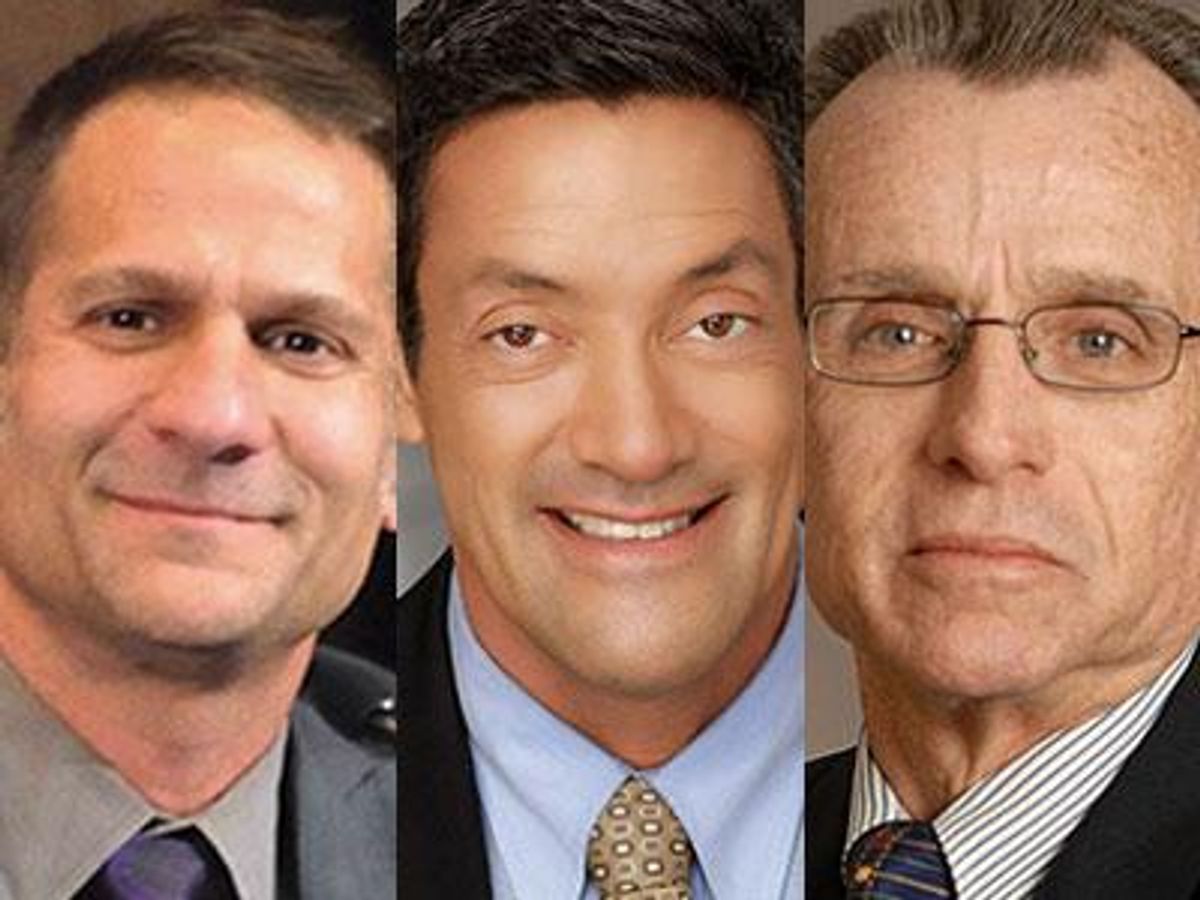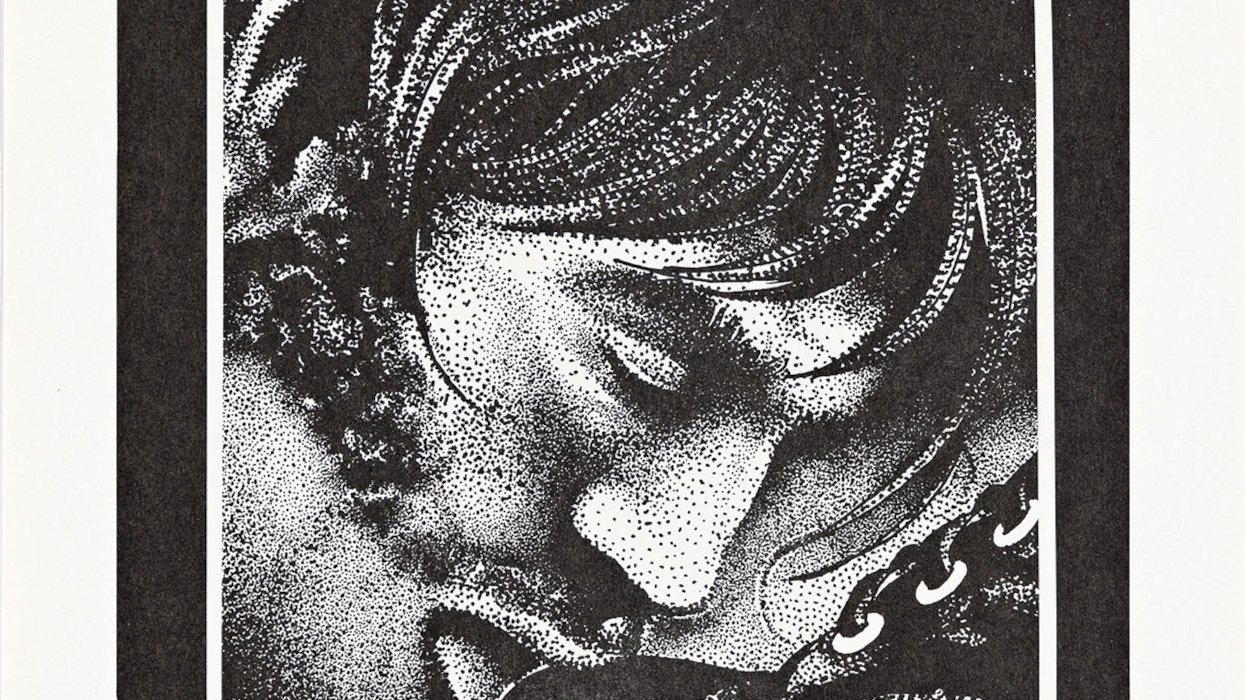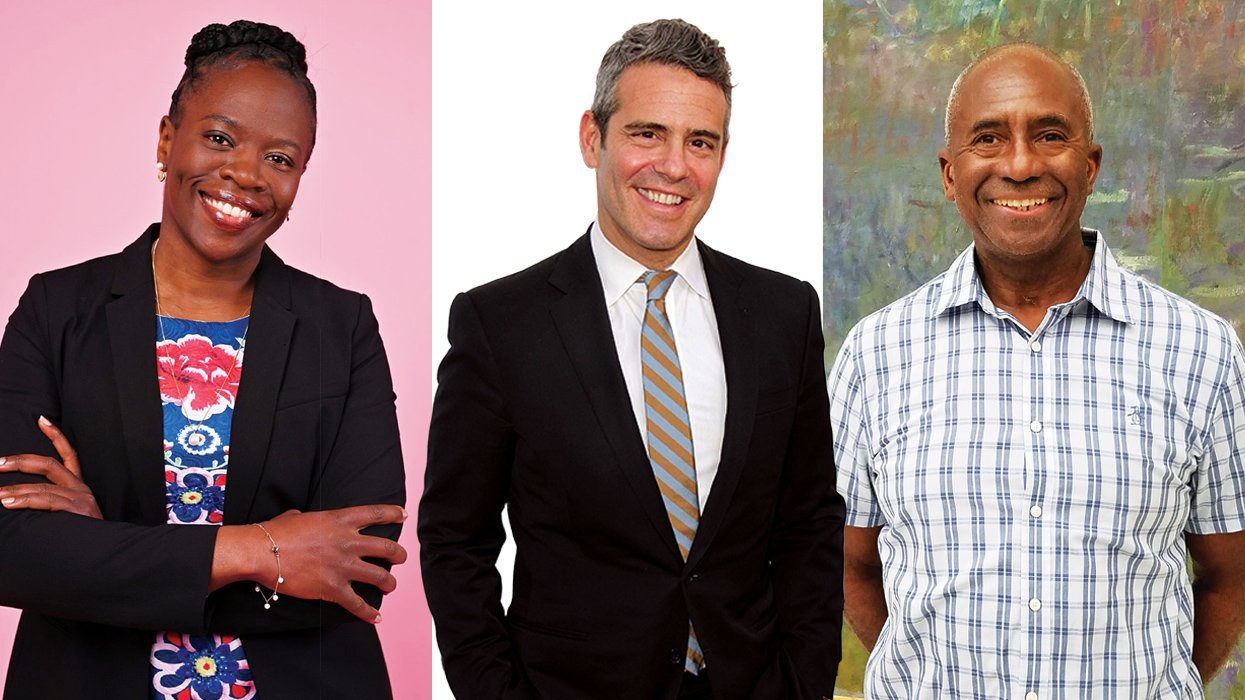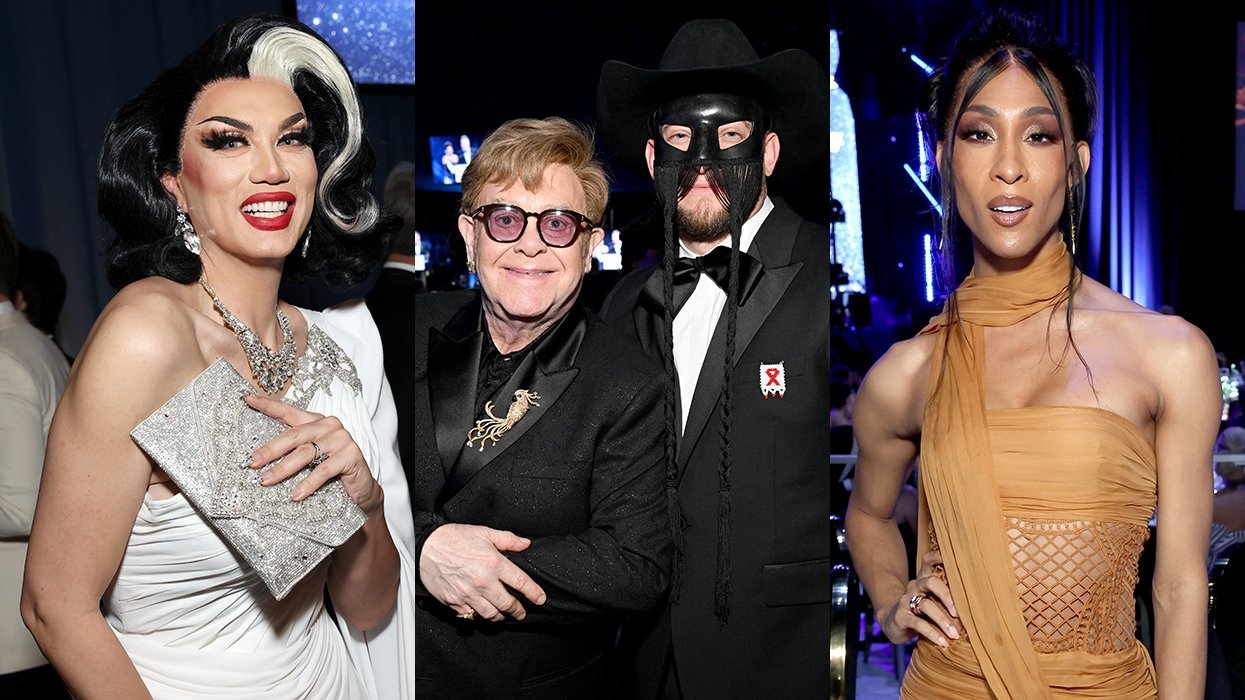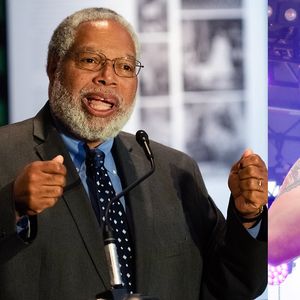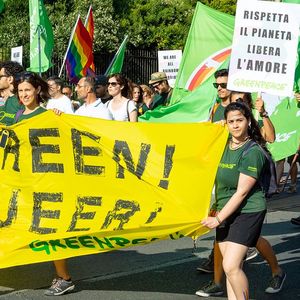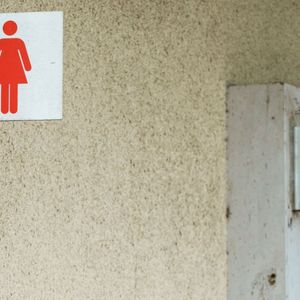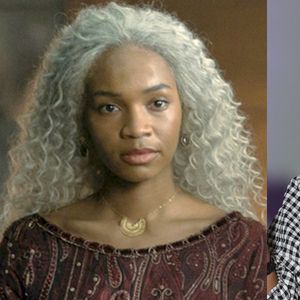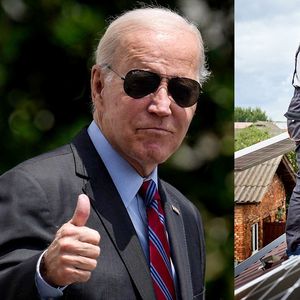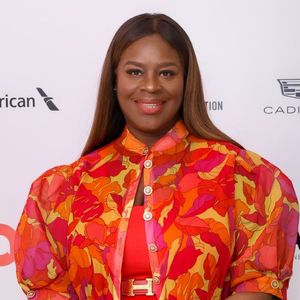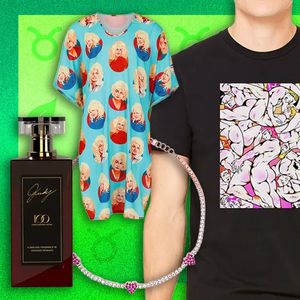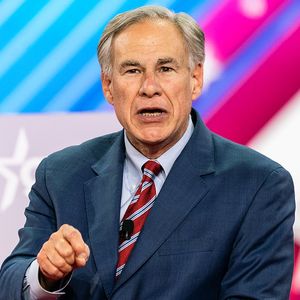Gay men living with HIV who are elected officials are in a prime position to address the epidemic and also to demonstrate that being HIV-positive need not hold you back. These three mayors, one current, two former, all in the Los Angeles area, have been impassioned HIV activists as well as accomplished leaders by any standard: John D’Amico, John Duran, and Larry Forester.
D’Amico was inaugurated in April as mayor of West Hollywood, a position that rotates among the five City Council members; D’Amico’s colleagues chose him unanimously. A former member of the city’s planning commission, he was elected to the council in 2011 as a reform candidate who felt some veteran members weren’t responsive to residents.
While he is concerned with a broad range of issues — affordable housing, environmentally friendly development, historic preservation, reducing traffic congestion — D’Amico has made sure to address LGBT concerns and HIV. Once an unincorporated area of Los Angeles County, West Hollywood was incorporated as a city in 1984, and it has a population of about 35,000, with an estimated 45 percent of residents being gay men. And WeHo is in some ways a much larger city, as 200,000 people, many of them LGBT, visit each week. It is home to many restaurants and nightspots, concentrated on the fabled Sunset Strip and bustling Santa Monica Boulevard. The city also hosts the annual L.A. Pride celebration.
D’Amico, who was diagnosed as HIV-positive in 1988, pegs his birth as an activist to a few months after that first test, when he learned that the student health clinic at the University of Houston, where he was in graduate school, didn’t offer T-cell monitoring or other services needed by people with HIV. So he campaigned for the clinic to add those services, and he became the first patient to undergo a T-cell test there. It’s now a major source of HIV care in Houston.
This was a “very personal activism,” he says, but his mission and his role have evolved since then. “My interests now are for all my colleagues and myself and my city to encourage young gay men and everybody, really, to take care of their health and themselves and each other,” D’Amico says. This includes using the city government’s power to make sure everyone’s aware of all the means to prevent the spread of HIV, such as pre-exposure prophylaxis, or PrEP, the use of an antiretroviral drug by HIV-negative, sexually active people to help them keep from contracting the virus.
“Our city has come out in favor of that,” he notes. It has a PrEP working group and has hosted several events offering information on this disease-fighting strategy.
In June, coinciding with Pride, D’Amico convened a meeting of LGBT mayors from around the nation, at which he emphasized the importance of safer-sex practices, and upon becoming mayor, he said one of his goals was to “further the dialogue about how West Hollywood can participate in the end of AIDS as we know it.”
His activist history also includes serving three years on the Los Angeles County HIV Health Services Commission and two years on the Los Angeles County Commission on HIV Prevention and Planning. Outside of his political career, D’Amico, who has degrees in architecture and urban planning and works for the University of California, Los Angeles, is a principal project manager for capital programs.
D’Amico is not the only HIV-positive gay elected official in West Hollywood. John Duran, a lawyer by profession, has been on the council since 2001 and served as mayor three times since. Duran’s baptism into AIDS activism came in 1986, when political gadfly Lyndon LaRouche managed to get a proposal on the California ballot that called for putting HIV-positive people into internment camps. Many people didn’t think such a measure had any chance of passing, but then they remembered that Japanese-Americans and others of Asian descent were interned during World War II, in the same camps LaRouche proposed using. Duran and other activists took the threat seriously and helped persuade voters to reject the proposition. He has remained deeply involved in AIDS activism; among other things, he served as defense attorney for many ACT UP members who were arrested during protests, and overall, he estimates, he represented over 1,000 HIV-positive clients in the 1980s and ’90s.
Duran’s other legal accomplishments include suing Los Angeles County for denying medication to prisoners with HIV or AIDS — and winning — as well as representing medicinal marijuana and needle exchange programs. As a volunteer, he has worked with numerous organizations involved with HIV and LGBT rights, such as AIDS Project Los Angeles, Lambda Legal, Equality California, and the American Civil Liberties Union. He participates each year in the AIDS/LifeCycle, a bike ride from San Francisco to L.A. that raises awareness of the disease and funds for organizations fighting it. “Being one of just a handful of HIV-positive elected officials in the USA, I believe it is my responsibility to serve as advocate for people with HIV in halls of power,” he says. “I am often asked to speak to legislators, judges, local elected officials, school board members, statewide constitutional officers, and candidates for office about HIV/AIDS not just as an activist, but as someone living with HIV. Disclosing my status and experience is a powerful moment with individuals who are lawmakers or control millions of dollars in government resources.”
He recalls that he lost 104 friends to AIDS between 1985 and 1995, and he almost lost his life to the disease in 1994. “I stayed around long enough to make use of protease inhibitors,” he notes. “I have now been undetectable for over eight years and going strong! I no longer drink, smoke, or do drugs like I did as a young gay man at the club scene. I am sober. I eat right. I work out at the gym and do cardio weekly. I am one of the ‘Lazarus’ survivors who came back from death’s door and have received a second chance at living. I don’t fear death. I do fear not living life as fully as possible, given that grace has given me more time to be here to love and be loved by my family and friends.”
Another HIV-positive L.A.-area politician, Larry Forester, is equally committed to living life fully. Forester has served since 1998 on the City Council of Signal Hill, which has a population of about 11,500 and is adjacent to the larger city of Long Beach in southern Los Angeles County. The mayoralty rotates among the council members, and Forester has been mayor three times, in 2001, 2006, and 2011. He’s vice-mayor now and is in line to be mayor again in 2016 if he remains on the council. He tested positive for HIV in 1985 and was diagnosed with AIDS in 1994, and he also has hepatitis C. Of his survival, he says, “The devil didn’t want me and God wouldn’t take me.”
He retired in 1995 from a job in technical sales due to his low T-cell count and the severe fatigue brought on by his infections, but now he manages a busy schedule thanks to his medications and a daily nap. “I’ve got to do something and I want to be productive,” he says. “The City Council has been the best thing that ever happened to me.”
His mission, he says, is the same as any elected official’s — to assure the public’s safety and welfare — but his position also opens doors for him to talk about HIV and hep C. He’s on the board of the Conservation Corps of Long Beach, which helps young people develop job and life skills, and he has always talked frankly to the program’s participants about his illnesses. He has worked with a variety of other organizations, including the AIDS Walk of Greater Long Beach and Being Alive, an HIV services group, and he’s Signal Hill’s LGBT liaison, helping LGBT residents with questions or concerns. And wherever he goes, he preaches the gospel of safe sex. “There is not a cure for HIV and AIDS,” he emphasizes. “My drugs are not a cure. And they still don’t know the side effects.”
D’Amico says one of the remarkable things about being an HIV-positive public official is being, well, unremarkable. “I think there is a role for HIV-positive elected officials not in the discussion of our singularity, but in the discussion of our regularity,” he says. “We’ve regularized our lives…it’s important for people to see us existing in as many realms as possible.”
